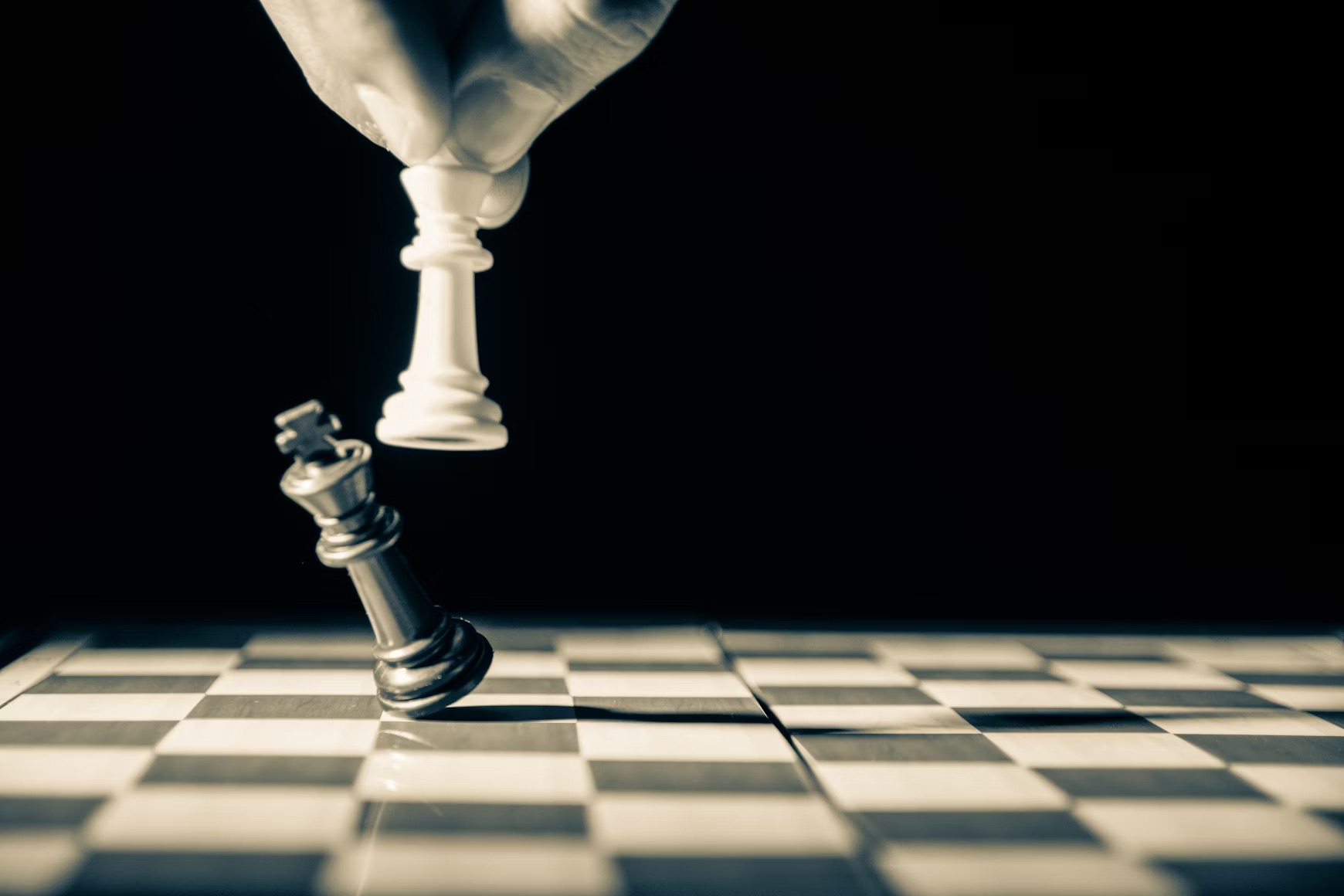
While chess has historically been used to test computers’ problem-solving abilities, this recent tournament featured AI programs designed for everyday tasks rather than dedicated chess engines. The competition showcased the capabilities of large language models (LLMs) in an entirely different setting: the strategic and rule-bound game of chess.
The Tournament and Its Outcome
OpenAI’s o3 model went unbeaten throughout the competition, ultimately defeating Elon Musk’s xAI Grok 4 in the final match. Google’s Gemini claimed third place after defeating another OpenAI model.
Despite Grok 4’s early dominance—winning consistently up to the semifinals—it faltered during the final games, making multiple significant errors, including losing its queen repeatedly. OpenAI’s model capitalized on these mistakes, securing convincing wins.
Chess grandmaster Hikaru Nakamura noted during his livestream that Grok’s play in the final was marked by “unrecognizable” blunders, while OpenAI’s model performed steadily.
Before the final, Musk described xAI’s prior success as a “side effect” and said the company “spent almost no effort on chess.”
The tournament took place on Kaggle, a Google-owned platform for data scientists to evaluate systems through competitions. Eight large language models from companies including OpenAI, xAI, Google, Anthropic, and Chinese developers DeepSeek and Moonshot AI participated.
Games like chess and Go have long been used as benchmarks to assess an AI’s reasoning and strategic planning abilities. These complex games require learning to outmaneuver opponents and achieve victory based on fixed rules.
Historical Context of AI in Strategy Games
Google’s DeepMind made headlines in the late 2010s when its AlphaGo program defeated top human Go champions, prompting South Korean master Lee Se-dol to retire after multiple defeats. “There is an entity that cannot be defeated,” Lee said at the time.
DeepMind co-founder Sir Demis Hassabis was a chess prodigy himself, bridging the worlds of gaming and AI.
In the late 1990s, IBM’s Deep Blue famously defeated world chess champion Garry Kasparov. Kasparov later compared Deep Blue’s intelligence to an alarm clock, adding that losing to a $10 million machine was hardly comforting.
Author’s Opinion
The AI chess competition highlights how advanced large language models are becoming, even in areas outside their original design. Yet, the errors made by Grok demonstrate that AI still struggles with consistency in highly strategic, rule-heavy environments. While these tournaments provide valuable benchmarks, the evolving AI-human relationship will always involve strengths and weaknesses on both sides, pushing the boundaries of collaboration rather than outright replacement.
Featured image credit: GR Stocks via Unsplash
For more stories like it, click the +Follow button at the top of this page to follow us.
